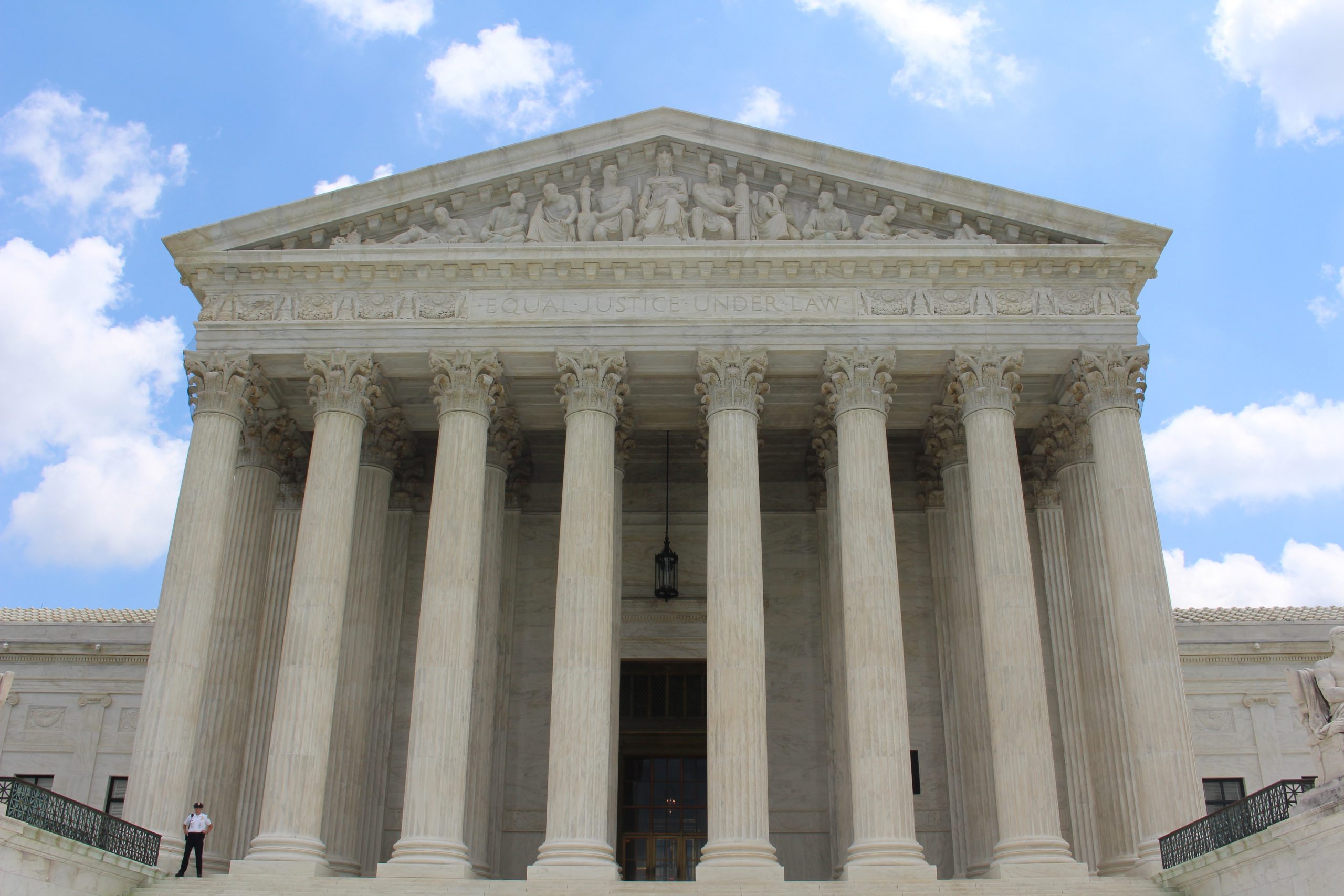
While being charged with a crime is stressful at any time, charges on the federal level are particularly daunting. It is essential for those accused of a crime to be familiar with the differences between state and federal courts.
State and federal judge appointments involve different processes.
Judges presiding over state courts are selected using a variety of different methods depending on the state. An election system determines who is selected to be a New York state judge. In trial courts, a single judge generally hears the case.
The president nominates federal judges, who are then confirmed by the senate. Typically, these are lifetime appointments unless the senate removes them due to misbehavior.
What court has jurisdiction?
One of the key differences between state and federal courts is that each court has jurisdiction over specific cases. State courts generally hear cases about state laws, including most criminal cases.
Federal laws, on the other hand, have jurisdiction over:
Because of these differences, people facing federal charges should have an attorney by their side who knows the federal system. The right attorney assists in navigating the challenges of the federal court and protecting their rights and freedoms.
Attorney Advertising | Prior results do not guarantee a similar outcome. The information on this website is for general information purposes only. Nothing on this site should be taken as legal advice for any individual case or situation. This information is not intended to create, and receipt or viewing does not constitute, an attorney-client relationship. This site is protected by reCAPTCHA and the Google Privacy Policy and Terms of Service apply.